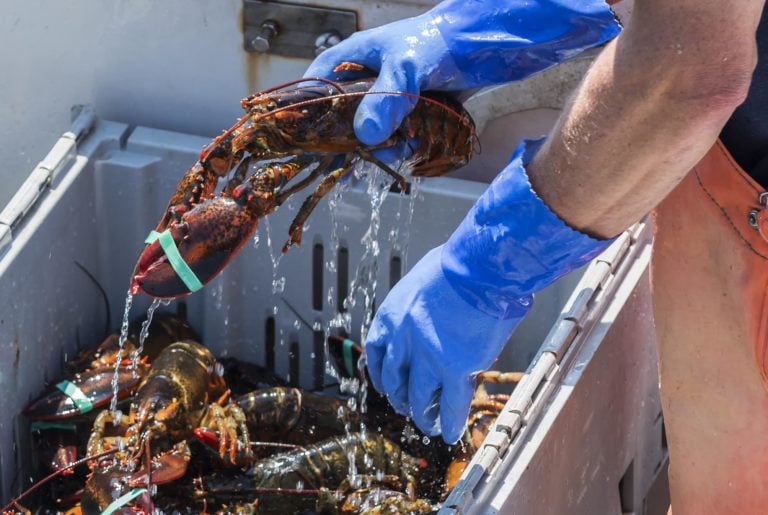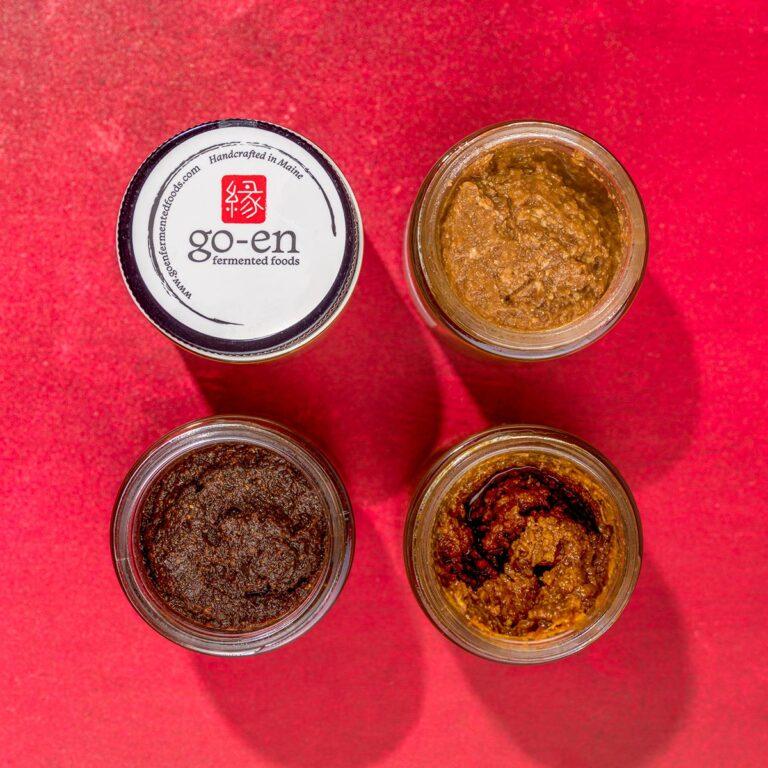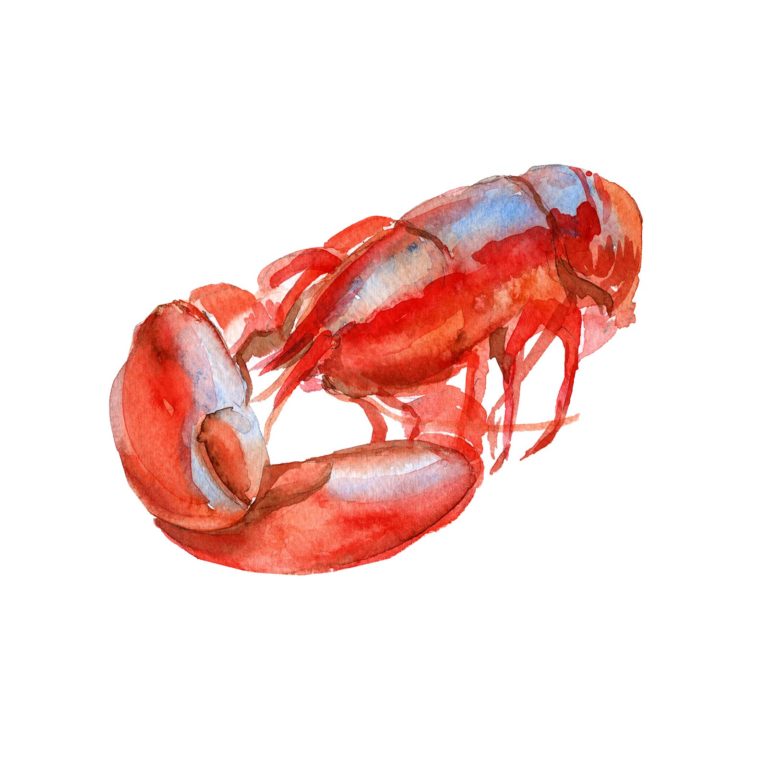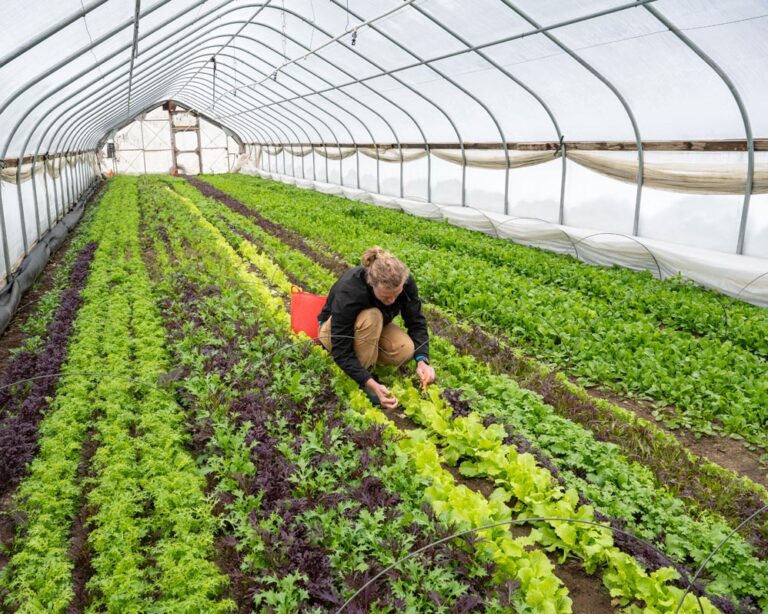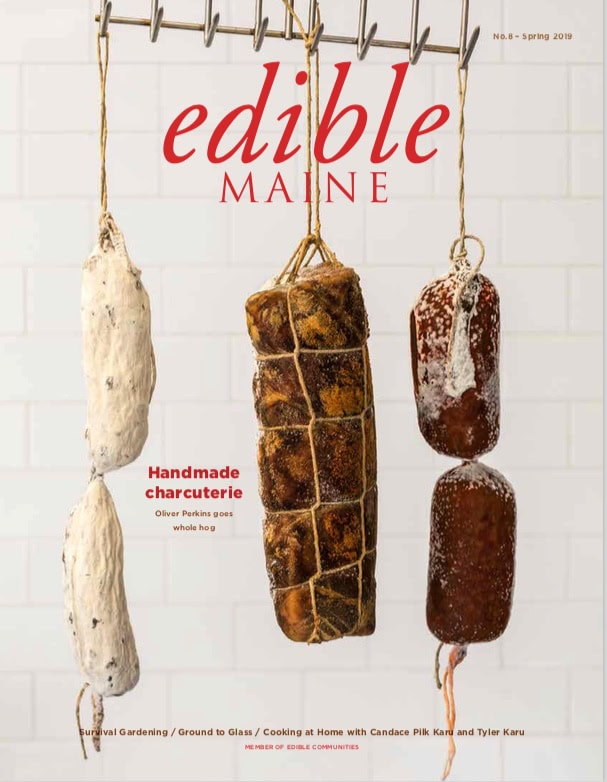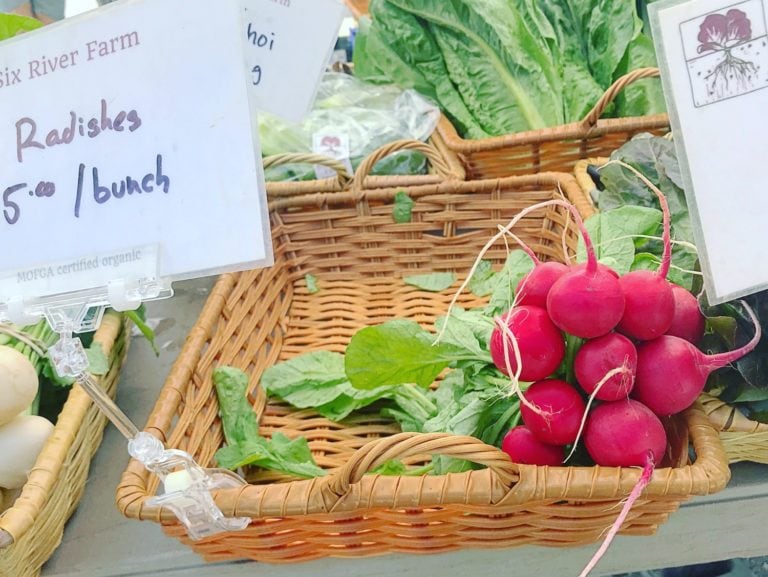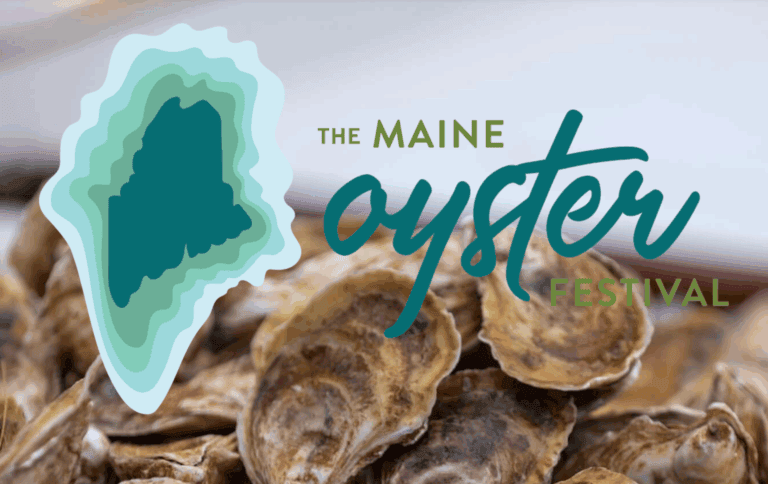The New American Sustainable Agriculture Project (NASAP), a refugee and immigrant farmer training program grounded in incubator farms in Falmouth and Lisbon, is growing Maine’s agricultural landscape in two important ways: fiscally and botanically.
Silvan Shawe is the new executive director of Cultivating Community, a 20-year-old, Portland-based nonprofit that works to expand access to healthy, local food across cultural lines through education, land access, and farm and gardening programming. Shawe notes that NASAP farmers last year sold $228,000 worth of produce through farmers markets, farm stands, and food access programs like Mainers Feeding Mainers. The nonprofit gave away another $74,000 worth of produce through partnerships with area food pantries.
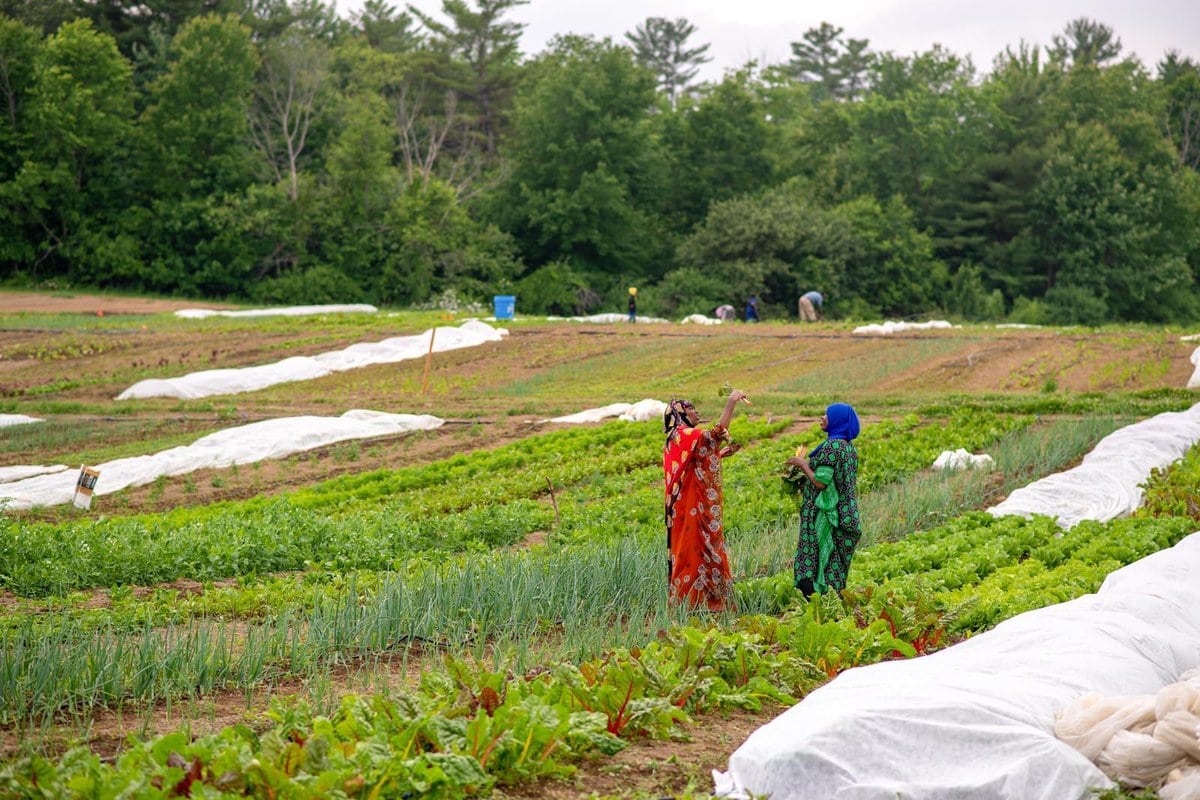
“This program … is terrific. Pantry users receive vegetables that are clean, well presented, at the peak of freshness,” says Bill Browning, director of the Westbrook Community Food Pantry.
The crops NASAP farmers have learned to produce since the program launched in 2009 are ones New Englanders would normally expect in these northerly climes. They include things like hearty greens in spring and fall, ripe tomatoes at the peak of summer, and root vegetables that can be stored to be eaten all winter long. But these New American farmers, most of whom moved to Maine from Africa, have also worked to cultivate crops fellow African refugees and immigrants know, love, and gain comfort from eating, explains Yannick Bizimana, Cultivating Community’s manager of development and communications.
These culturally appropriate crops NASAP farmers are bringing to market include green amaranth for food and red amaranth for ornamental use, African flint corn, and morogo or moroho, also known as African spinach. Others are African eggplant, which is smaller, paler, and more bitter than globe eggplant; molokhia, a prolific, nutrient-dense green that can add silkiness to a stew just like cooked okra; and roselle, a variant of hibiscus with edible flowers that are used to make beverages, sauces, jellies, preserves, and chutneys.
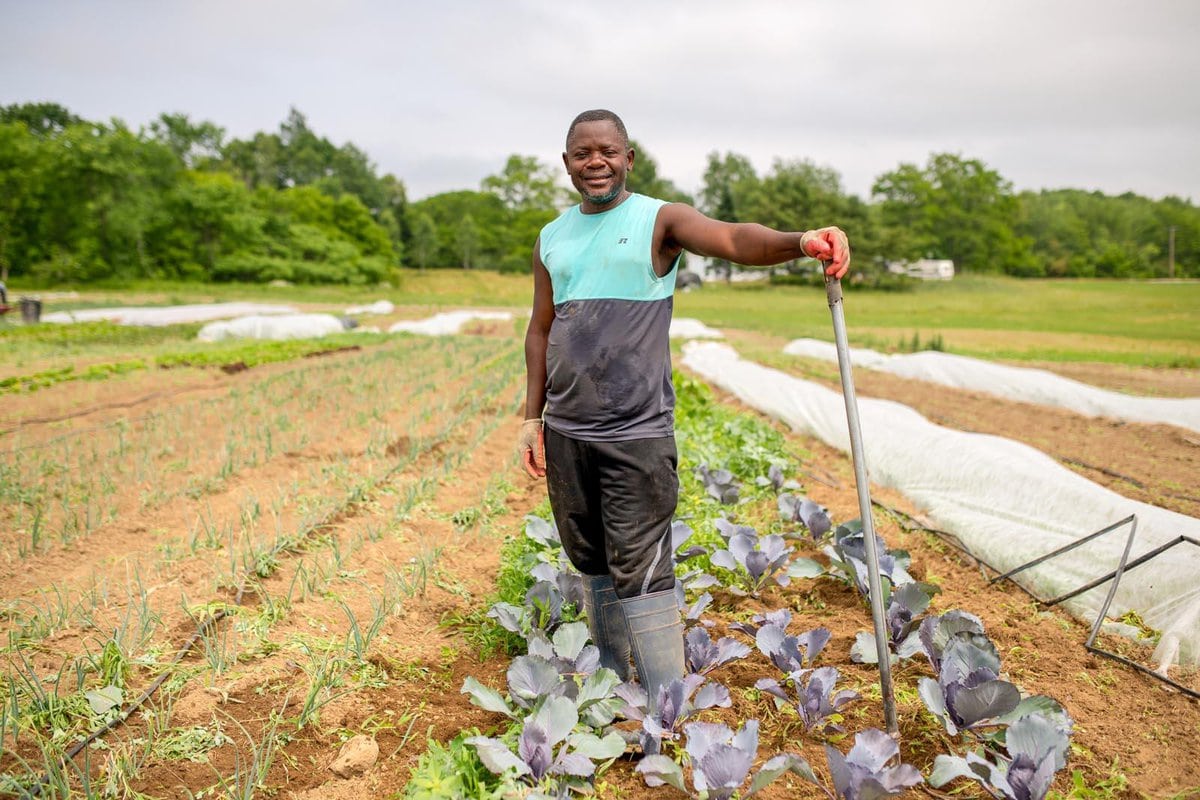
For the 2023 growing season, Cultivating Community handed out almost $40,000 in low-cost seedlings to NASAP farmers and the dozens of families who grow food for themselves in the community gardens the organization manages throughout the Portland area. The seedlings include African favorites as well as plants typically grown in Maine.
“This season, we’re moving toward finding opportunities [for] NASAP farmers who have graduated from our program to have long-term access to affordable farmland where they can expand their operations in sustainable ways,” says Sandy Alles, director of Cultivating Community’s food hub.
For more information on how to support this nonprofit, head to cultivatingcommunity.org.







